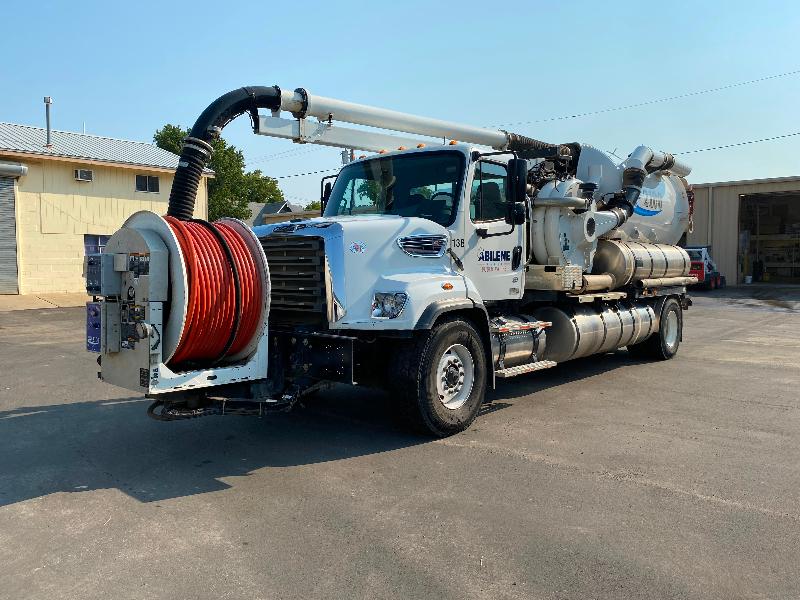INDUSTRIAL SOLUTIONS
Capitalize on Your Surplus Capital Assets
RETAIL SOLUTIONS
Turn Customer Returns Into Cash
GOVERNMENT SOLUTIONS
Transform Outdated Assets from Burden to Boon
BUY SURPLUS
Fuel Your Business with Assets in 600+ Categories
WHY LIQUIDITY SERVICES?
BETTER SERVICE
We operate as a true partner, demonstrating a deep understanding of your industry
BETTER SCALE
Our tailored solutions evolve in accordance with your changing business needs
BETTER RESULTS
We maximize return and long-term value for some of the world’s largest companies
EXPLORE OUR CUSTOMER SUCCESS STORIES
We Sell any item in any condition, anywhere in the world
Liquidity Services Clears Critical Expansion Area While Recovering Over $5.7M
Energy Surplus
Direct-to-Liquidator Solution Cuts Costs, Turns Excess into Cash Fast
Retail Surplus
Multinational Pharmaceutical and Biotechnology Company Surplus Asset Disposal
Biopharmaceutical Surplus
Enhancing Revenue Streams and Efficiency in Law Enforcement with Online Auctions
Government Surplus


















